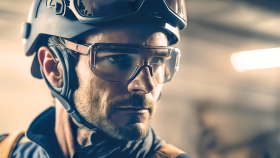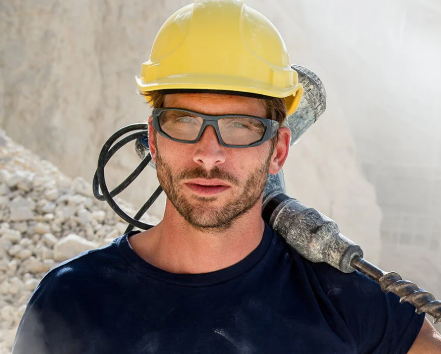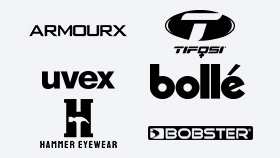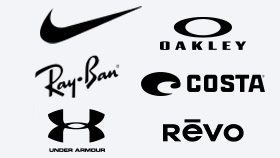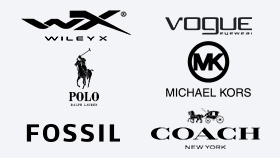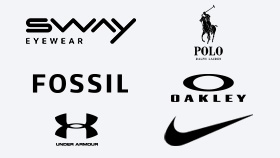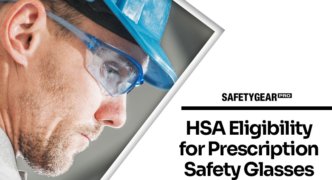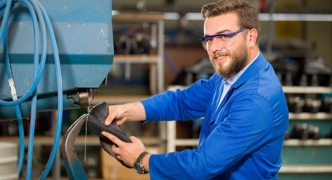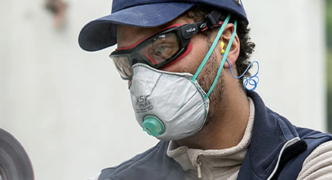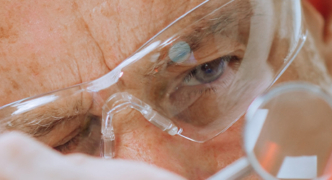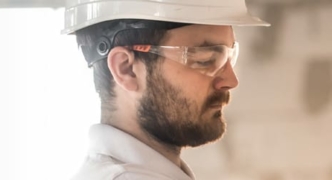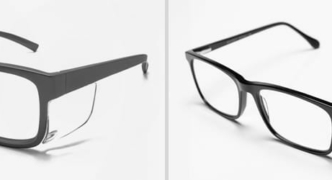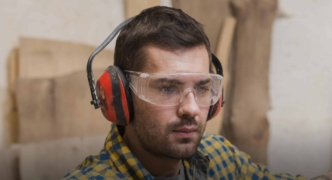Types of Head and Face Protection
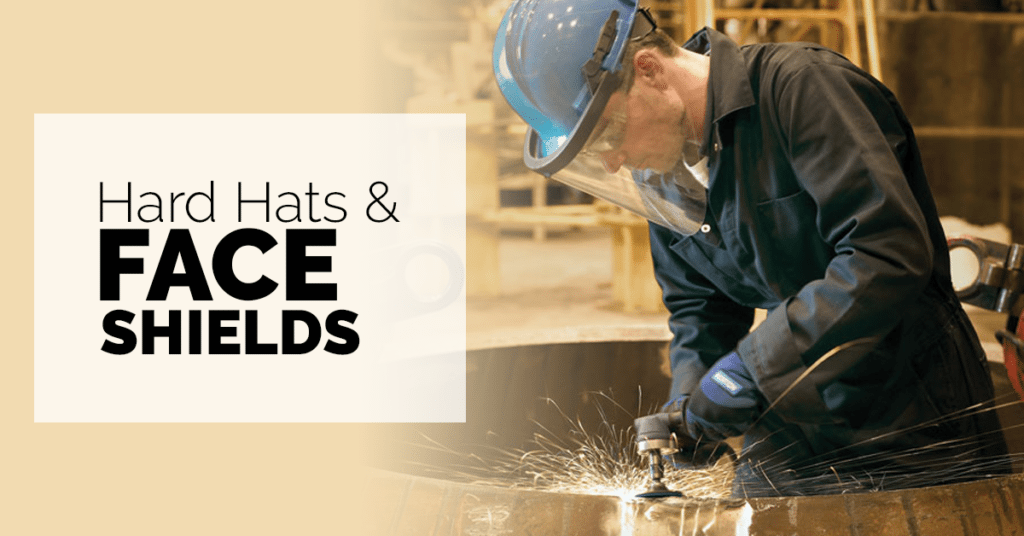
A Hard hat and a face shield are essential items that provide the level of protection you need while working. In construction zones or any other dangerous job, there is a huge risk of encountering electrical hazards and issues with airborne debris. A piece of falling debris, bumping your head in the dark with a fixed object, or working in an environment with a high concentration of dust particles are all the cases which make working in construction or general industry is dangerous. In order to mitigate this risk, OSHA recommends the use of protective head and face gear. For these reasons, every worker should be familiar with the different types head and face protection, which we are listing here for your ease.
Head Protection- Hard Hat
Hard hat types and classes are two divisions of protective head gear. The types define the area that is protected and the classes define how much electrical impact can be absorbed by the head gear.
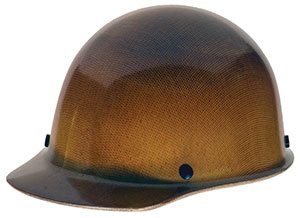
Type I
This type is able to offer protection to the wearer against any falling objects and debris. It mainly protects the top of the head. It is common in the United States.
Type II
The type II head protection provide safety from impact coming from the top, side or off-center. It is more common in Europe.
Class E (Electrical)
This hard hat is manufactured for use in high voltage areas. It can offer the wearer’s head a protection up to 20,000 volts.
Class G (General)
This headgear can offer protection up to 2,200 volts.
Class C (Conductive)
This headgear does not offer any protection from electrical impact.
Face Protection
Face protection guards the wearer from flying particles, shards, chips and toxic splashes. However, they need to be worn with head gear and protective goggles for maximum safety.
Face shields are available in varying thickness. Various transparent materials are used in their manufacture depending on the amount of protection required for differing tasks. The windows style of face protection guarantees the safety from the brow to below the chin, and across the face, and are available in both lift-front and removable designs, and include further categories of:
Wire-Screen Windows
This face gear provides moderate protection. The material used for their manufacture is glass or plastic, which renders them useless to guard against chemical splashes.
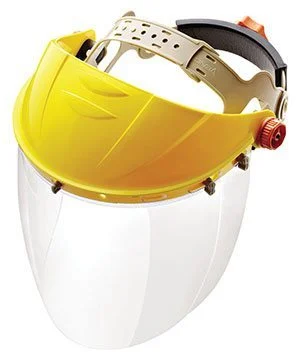
Heat-Reflective Windows
This face gear shields the user from impact, high heat and UV radiation.
